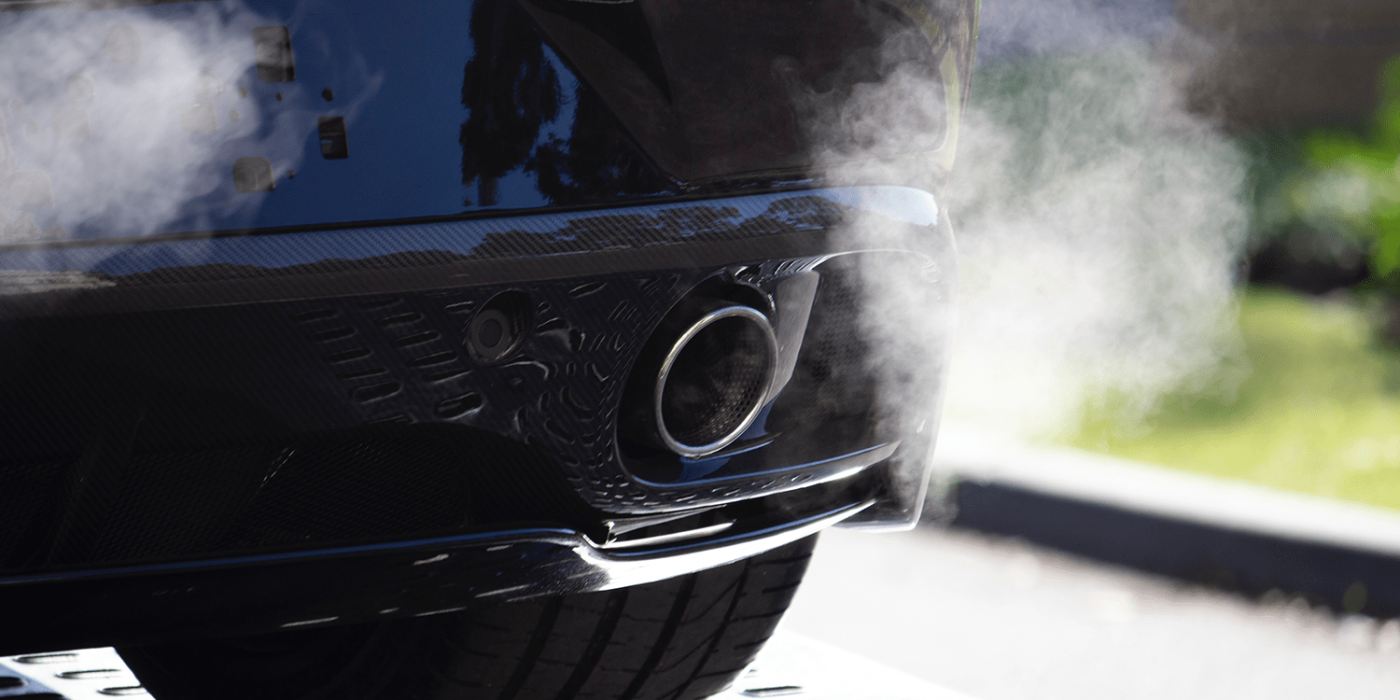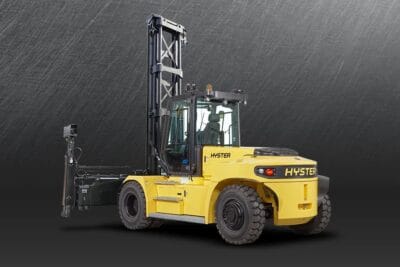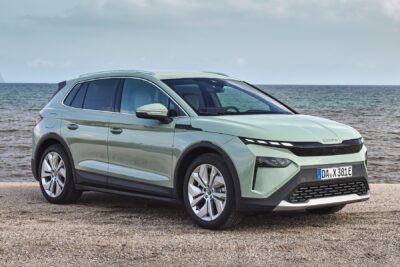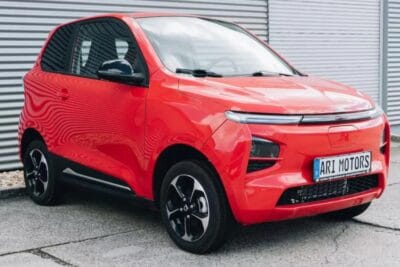EU parliament committee votes to ban combustion engines from 2035
The European Parliament’s Environment Committee has voted in favour of the EU Commission’s proposed de facto ban on internal combustion engines from 2035 for new passenger cars and light commercial vehicles in the European Union as part of the “Fit for 55” climate package.
In its meeting on Wednesday, the committee voted in favour of requiring car manufacturers to reduce their average fleet emissions by 20 per cent by 2025 compared to 2021, by 55 per cent by 2030 and by 100 per cent by 2035. However, the demands for a new interim target for 2027 and a higher target of 75 per cent CO2 reduction for 2030 were rejected.
The EU Commission had presented the climate package in July 2021 and divided the EU states with the de facto ban on internal combustion engines (even with synthetic fuels, new cars would be CO2-neutral in balance sheet terms, but the vehicles themselves continue to emit CO2 and other pollutants as a combustion product): As a result, several states (including the Czech Republic) spoke out in favour of not implementing the regulation. The Environment Committee has now approved the package anyway – with 46 votes in favour, 40 against and two abstentions.
According to the Environment Committee, there will be no loophole for synthetic fuels. The plenary of the EU Parliament is to vote on the Environment Committee’s bill on 7 or 8 June. MEPs will then start negotiations with EU governments on the final law.
Despite the approval, the Environment Committee still sees a need for action. Among other things, the communication calls for the Commission to present a report by the end of 2023 “detailing the need for targeted funding to ensure a just transition in the automotive sector, to mitigate negative employment and other economic impacts”. It also calls for a “a common EU methodology by the Commission, by 2023, for assessing the full life cycle of CO2 emissions of cars and vans placed on the EU market, as well as for the fuels and energy consumed by these vehicles”.
“This regulation encourages the production of zero- and low-emission vehicles. With CO2 standards, we create clarity for the car industry and stimulate innovation and investments for car manufacturers,” says Jan Huitema, rapporteur of the Environment Committee. “In addition, purchasing and driving zero-emission cars will become cheaper for consumers. This is especially important now that the prices of diesel and petrol continue to rise. This regulation makes sustainable driving accessible to everyone!”
In a first reaction, Transport&Environment criticised the rejection of the 2027 interim target. According to the organisation, “conservative and even some progressive MEPs” rejected the interim target, which T&E believes would have led to manufacturers having to increase sales of electric cars.
“The EU clean car rules are driving down the costs of the electric vehicles that we need to decarbonise cars and meet our climate targets,” said Alex Keynes, Clean Vehicles Manager at T&E. “But the EV boom will falter for the next 10 years unless lawmakers step in with an interim target in 2027 and a more ambitious goal in 2030. Without it, Europe may not sell enough zero-emissions cars to meet its own 2030 goals as well as those of many EU countries.”





0 Comments